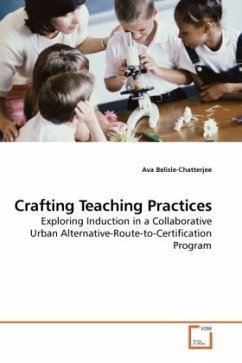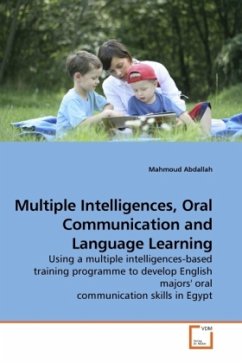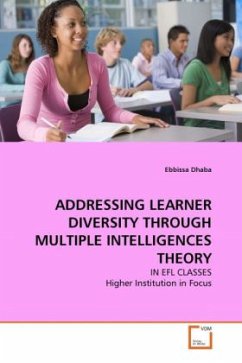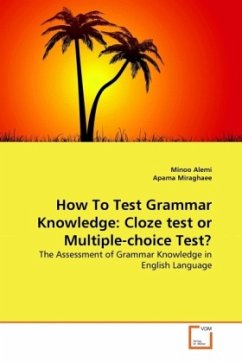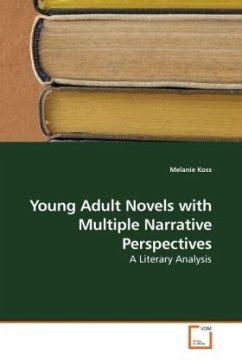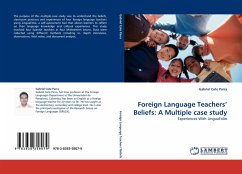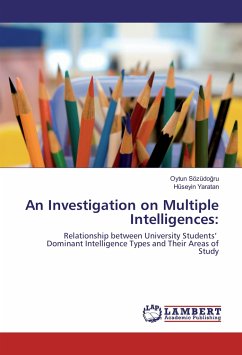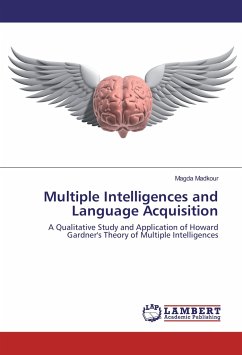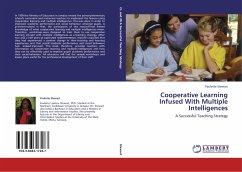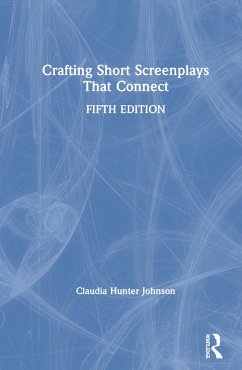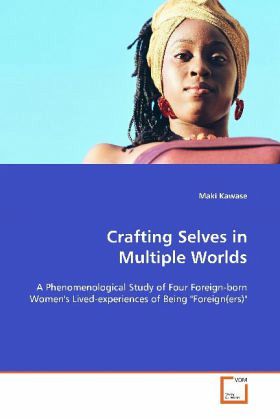
Crafting Selves in Multiple Worlds
A Phenomenological Study of Four Foreign-born Women's Lived-experiences of Being "Foreign(ers)"
Versandkostenfrei!
Versandfertig in 6-10 Tagen
52,99 €
inkl. MwSt.

PAYBACK Punkte
26 °P sammeln!
The in-migration of refugees and immigrants, bothlegal and illegal, has reemerged as a potentsocio-political issue in the United States. This hascreated a moral panic about foreigners who aresaid, in an old but still effective rhetoric, to befeeding rising crime rates, filling the publicschools with non-English speakers, going on welfare, and in other ways staining and darkeningeveryday life in small towns and cities. This is alongtime concern discussed in a substantial socialscience literature on refugees and immigrants. Thisliterature was reviewed and used to frame aninterpretive study to le...
The in-migration of refugees and immigrants, both
legal and illegal, has reemerged as a potent
socio-political issue in the United States. This has
created a moral panic about foreigners who are
said, in an old but still effective rhetoric, to be
feeding rising crime rates, filling the public
schools with non-English speakers, going on welfare, and in other ways staining and darkening
everyday life in small towns and cities. This is a
longtime concern discussed in a substantial social
science literature on refugees and immigrants. This
literature was reviewed and used to frame an
interpretive study to learn what it is like to be a
foreign young woman in a Midwestern metropolitan
area. A hermeneutic phenomenological study was done
on the everyday lived-experiences of four
foreign-born young women to describe and understand
their experiences of being foreign(ers) and their
meanings. Being foreign as lived and told by each
woman is shown in their lives in their bodies; in
how they live and experience time, space, and
relationships; in how they are in their human
fullness. Foreignness is shown to be spatial
socially, culturally, economically, politically, and
personally.
legal and illegal, has reemerged as a potent
socio-political issue in the United States. This has
created a moral panic about foreigners who are
said, in an old but still effective rhetoric, to be
feeding rising crime rates, filling the public
schools with non-English speakers, going on welfare, and in other ways staining and darkening
everyday life in small towns and cities. This is a
longtime concern discussed in a substantial social
science literature on refugees and immigrants. This
literature was reviewed and used to frame an
interpretive study to learn what it is like to be a
foreign young woman in a Midwestern metropolitan
area. A hermeneutic phenomenological study was done
on the everyday lived-experiences of four
foreign-born young women to describe and understand
their experiences of being foreign(ers) and their
meanings. Being foreign as lived and told by each
woman is shown in their lives in their bodies; in
how they live and experience time, space, and
relationships; in how they are in their human
fullness. Foreignness is shown to be spatial
socially, culturally, economically, politically, and
personally.



